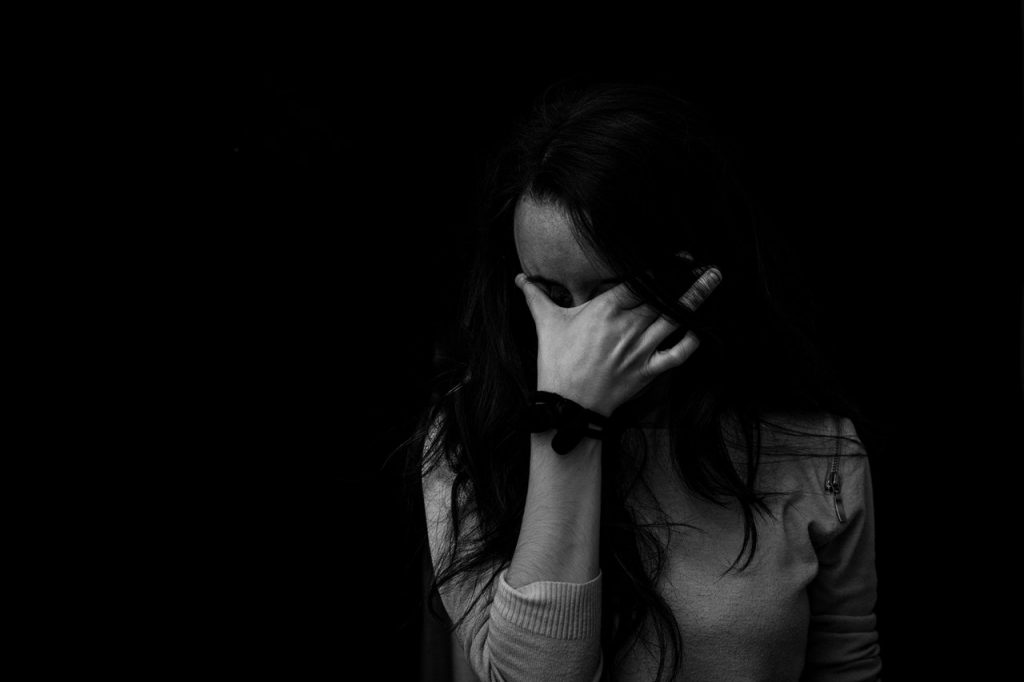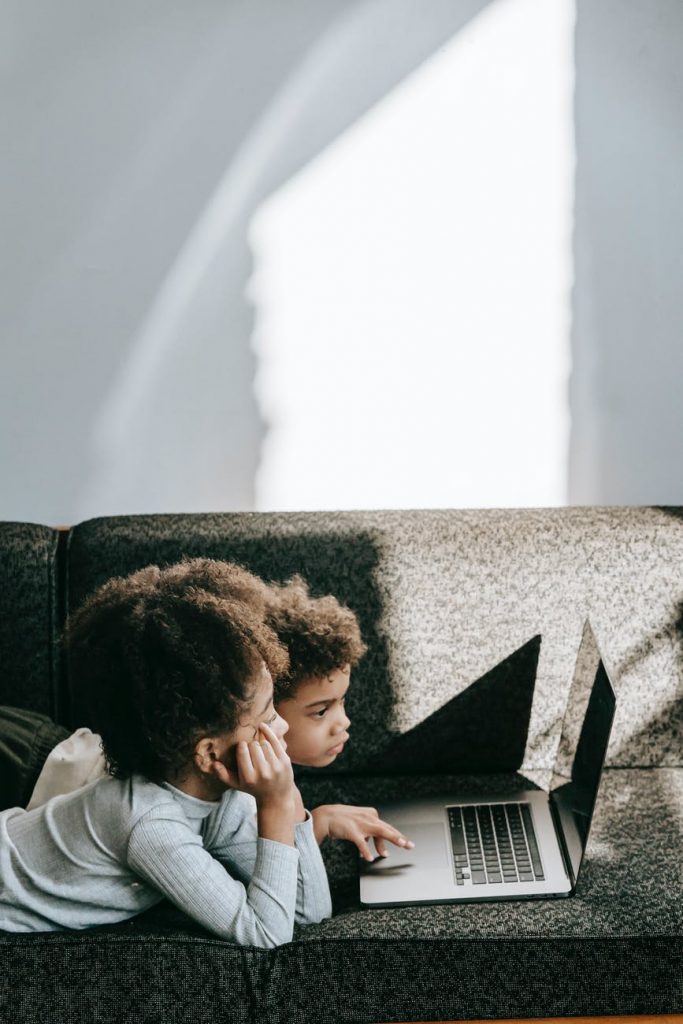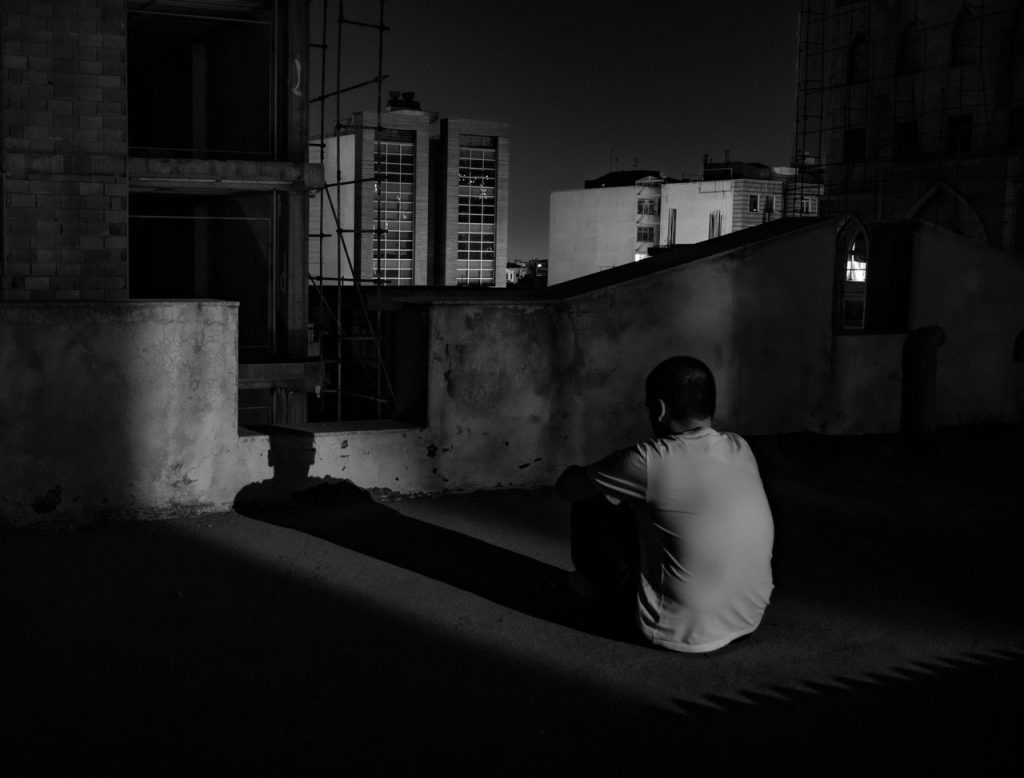Impact of Covid-19 on Filipino’s Mental Health
Due to movement constraints, the advent of the Covid-19 pandemic compelled many individuals to remain at home.
Although some parents were pleased with this development, they had no idea that being locked up at home would become a rising issue, particularly among the kids. They were obliged to discontinue all of their regular activities, which resulted in tension and worry, and eventually affecting their mental health during these times that the dangers of Covid-19 is still present.
Internet access helped attend online courses, communicate with friends and family, and play online games, but it was only temporary and thus became a double-edged blade. False information on the internet shifted their viewpoints and further exacerbated the problem. Health problems also arose as a result of their inability to get healthy and active as a result of excessive screen time.
Dr. Cornelio Banaag Jr., Professor Emeritus, Child and Adolescent Psychiatry, University of the Philippines- Philippine General Hospital (UP-PGH), observed that even before the pandemic, there was a worrisome worldwide surge in mental health disorders.
The World Health Organization (WHO) believes that 10 to 20% of children and adolescents suffer from different sorts of mental problems, with the majority occurring in adults beginning at the age of 14 and going unnoticed until it’s too late. Suicide is most common between the ages of 15 and 24.
A worldwide school-based Student Health Survey conducted from January to March 2021 in conjunction with the WHO and private entities, including the US Centers for Disease Control and Prevention. According to him, 17% of high school adolescents (13 to 15 years old) tried suicide at least once, 12% reported seriously considering suicide, and 11% planned how they would commit themselves.
How evident are these ramifications for mental health? Elevated levels of tension and anxiety might be detected. Many individuals are now suffering from toxic anxiety, which is shown by symptoms such as continual worrying, changes in sleep and food patterns, and changes in mood.
Elements connected to “uncertainty” and “isolation” as contributing to the growth of mental health disorders.
Dr. Banaag expressed his doubt, saying that no one understands how all of this occurred, how it began; it suddenly descended on us, and no one knows when it will stop. “The children keep asking when they will be able to return to school and play with their classmates, while the teenagers sit in their rooms, wishing to see their friends but unable to do so due to the pandemic.” We’re afraid to go out for fear of acquiring the illness, and if we do, will we be hospitalized? How long will this last? Will our savings be enough? Too much ambiguity gives us the impression that we are out of control.”
When it comes to “isolation,” he described it as “terrible” for Filipinos who are accustomed to being linked to one another, causing a lot of loneliness and anguish.
The majority of our population is living in a “new normal,” which Dr. Banaag describes as a “constantly altering normal.” He said that distance schooling and working from home were big causes of stress for him. Distance learning altered the educational environment both for parents and students, posing new issues. “Unfortunately, attending school has turned into a question of compliance rather than learning.”
The “work from home” arrangement created issues with managing and balancing tasks, particularly for mothers who had to perform numerous roles, adding to their stress. The pandemic also altered people’s feelings of loss, sadness, and mourning, according to Dr. Banaag. When a member of the family becomes ill or is hospitalized, nobody is permitted to see them. “And when we lose them to Covid-19, we can’t even grieve properly, which is another risk factor for depression, anxiety, and post-traumatic stress disorder.” There’s a lot of complex sadness going around.”
According to a study released in August 2021 by the Philippine One Health University Network and the Southeast Asian One Health University Network, the pandemic’s impact on Filipino students’ mental health in terms of stress, depression, anxiety, and the event itself, showed that National Capital Region students experienced high levels of stress with 19 percent, 22 percent admitted feeling depressive symptoms and 36 percent admitted to anxiety.
Golden Haven Memorial Parks supports mental health during these times. We have articles you can read or share with someone who you think needs support.
READ MORE: How to Find Peace of Mind During Tough Times
READ MORE: 5 Ways on How to Keep Fit and Healthy During the New Normal




















